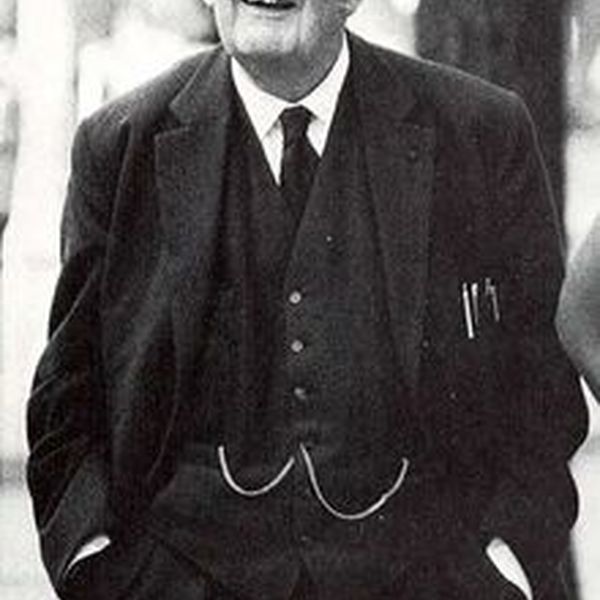I am a MAT graduate student with an undergraduate degree in Child and Family Studies. I am a white female who is presently employed as a Family and Consumer Sciences Teacher. I am aware that purely by being a white female I am treated differently than others. For the most part, I am treated better than my women of color counterparts but there are still select times when I am simply not enough because I am a woman.
As an undergraduate student I was required to take a class on cultural diversity which taught me traditions and behaviors in different cultures throughout the world. This particular class educated me in order to successfully communicate with those who are culturally different so I do not offend them or suggest something that would be against their beliefs. I do not currently work in a school district which experiences a wide range of diversity but being from a city and working in a small town has been something I have had to adapt to. I have been thought of as the outsider and have had to develop a level of trust through positive communication with parents and community members. I have extremely different political and religious beliefs than the families in my school district and it has been a challenge for me to separate my beliefs from the outspoken families in my district. Initially I felt like I was not being my genuine self and that I was not a good fit for my district because I feel so differently than the majority of the adults I am surrounded by here. After some reflection, I came to the realization that with all other things in my life I love to be challenged and if I am not being challenged, I am not growing and I decided to face this challenge head on and get to know my districts families and understand their thought and reasoning processes. Which brings us into my Personal Learning Theory.
Learning theories have been developed by a number of psychologists and other people over time and continue to improve as technology and our ability to understand the complex human mind improves. Many theories, such as Jean Piaget’s Theory of Cognitive Development and Bandura’s Social Cognitive Theory compliment each other to suggest successful brain development. As a student with an undergraduate degree in Child and Family Studies, I spent a lot of time studying Piaget’s Theory of Cognitive development to prepare myself for a career working with children. It was not until I began my MAT when I read more about Albert Bandura’s theory that I began to think these two theories coexisted in a complementary manner.
Bandura’s Social Cognitive Theory stresses the importance of observational learning through imitation. This theory suggests that learners develop new behaviors simply from watching others in the context of Social Interaction, Experiences, and outside media. This would mean that humanity is dependent upon the replication of others actions. I believe this to be true-to an extent. I believe as we progress through the stages of Piaget’s Cognitive Development Theory our ability to mimic not only actions but emotions increase.
Stage 1 of Piaget’s Cognitive Development Theory is from ages 0-2 and is called the Sensorimotor stage. During this stage children are learning how to use their senses and how to move their bodies. Both things which need to be learned before someone can mimic another person. Stage 2 of Piaget’s Cognitive Development Theory is from ages 2-7 and is called the Preoperational stage. During this stage children engage in pretend play where they test their limits and learn what is acceptable and unacceptable behavior to mimic. Children will see behavior from family, on TV, in books, at school and other places without understanding of the consequences of their behavior. Children have the ability to see what actions are being made but do not understand the consequences which follow the behavior. During this time, if children are properly observed and protected by trusted adults, children will learn behavior which is acceptably mimicked. If children do not have trusted adults watching these mimicked behaviors, children will develop a bond to a toy or fictional character. Stage 3, the Concrete Operational stage of Piaget’s Cognitive Development Theory lasts from age 7-11. During this stage children learn how to use logical reasoning versus intuitive thought. During this stage children are able to mimic behavior and understand the consequences of said behavior. Children will often look to trusted adults for confirmation, if a trusted adult is not around children may be weary of the new behavior and what consequences follow. The last stage of Piaget’s Cognitive Development is the Formal Operational stage. The Formal Operational stage lasts from age 12+. Children who have reached this stage are capable of moral reasoning. This means a person in this stage has developed morals and has the ability to use their morals to decipher if behavior is acceptable or not to mimic. Morals are often mimicked after the trusted adult in the child’s life, leading to groups of people with extremely similar views and biases. As children grow and leave the home their experiences change, changing who they mimic, which leads to views and beliefs changing and adapting. People continue to grow for life during the Formal Operational Stage. As humans continue to meet new individuals through this stage they mimic and adopt parts of the new trusted individuals.
Ultimately, our mind grows through experiences. As we move through the stages of Piaget’s Theory of Cognitive development we use learned mimicry, obtained during the stages, to guide us through actions. In this theory people are not driven by an inner force or by the environment but act as their own sources of motivation and development.

